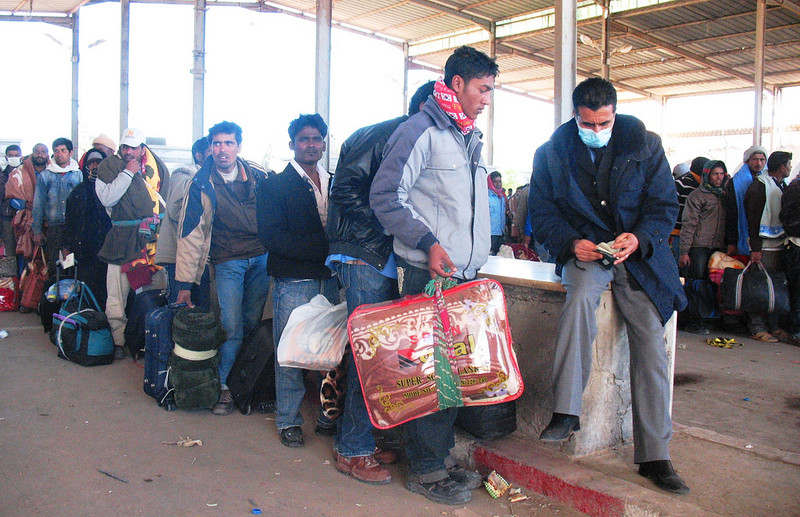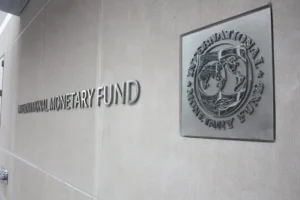Against the backdrop of Tunisia’s migration landscape, a complex humanitarian situation is emerging.

Migration advocates have raised concerns this week regarding significant expulsions and arbitrary detentions in Tunisia, where an increasing number of migrants are attempting to cross the Mediterranean from North Africa to Europe.
The Tunisian Forum for Economic and Social Rights accused the government on Monday of engaging in a crackdown on migrants, prioritizing political appeasement over humanitarian considerations, alluding to a motive to meet European demands in exchange for financial and logistical support.
The organization highlighted distressing conditions witnessed near Tunisia’s borders with Libya and Algeria, notably in Sfax, a pivotal transit point for migrants aiming for Mediterranean crossings.
According to the NGO, individuals in Sfax, located 117 miles (188 kilometers) from Italy’s Lampedusa Island, routinely face unwarranted arrests and violence, often resulting in the destruction of their belongings. This mistreatment, the organization stressed, is not solely confined to unauthorized migrants but also impacts refugees, students, and workers.
Reports received by the organization depict recurring mass expulsions along the Algerian and Libyan borders. In Algeria, deportations have involved pushing migrants into the desert regardless of weather conditions, while in conflict-ridden Libya, deported migrants often find themselves in detention facilities controlled by armed factions.
While Tunisian officials acknowledge the repatriation of small migrant groups across the desert borders, they refute claims of widespread abuse and systemic expulsions.
Calling for an end to deportations, the Tunisian Forum for Economic and Social Rights urged the government to offer sanctuary to migrants and update legislation to provide legal status to those lacking proper documentation.
The organization emphasized the need for national policies that uphold the dignity, rights, and freedoms of all individuals, stressing that true sovereignty lies in inclusive and humane governance rather than intimidation and outdated discriminatory practices.
Tunisia has faced intensified scrutiny over its handling of the migrant situation. Over 97,000 individuals crossed from Tunisia to Italy in 2023, as reported by UNHCR, with estimates suggesting a population of 20,000 to 50,000 sub-Saharan migrants in Tunisia.
In efforts to reinforce border security, Tunisian authorities receive financial support from Europe, highlighted by a $1 billion euro aid agreement secured in July, with a portion specifically allocated towards migration-related matters.
Despite this aid, President Kais Saied has asserted Tunisia’s refusal to serve as Europe’s “border guard” or accept migrants unwanted by European leaders, including right-wing factions.
Saied faced accusations of racism last year following comments regarding sub-Saharan African migrants, labeling their presence as part of a “criminal plan” to alter Tunisia’s demographic makeup.







